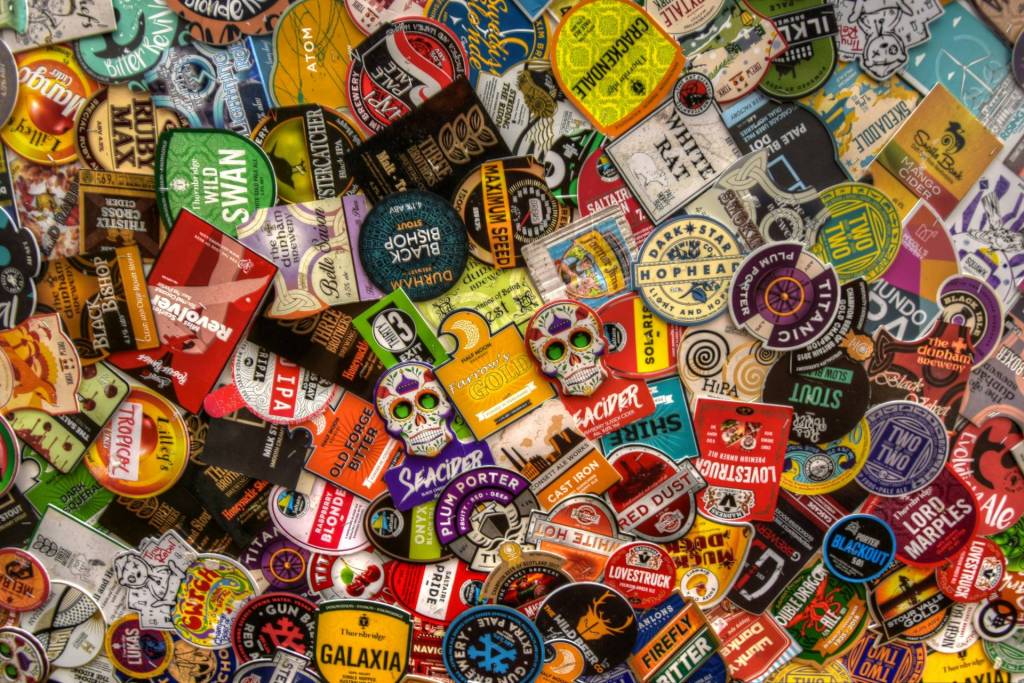Brand building is far from easy, especially if you are establishing your personal brand or profile. Whether you are an entrepreneur looking for partners or clients, or a professional looking to enhance your online résumé, you cannot just rely on creativity. You also need to study your target audience, have a good idea of how to stand out, and how to target your messaging. You need a brand and personality that will attract prospective clients or contacts, and which will foster engagement with them.
When using online channels such as a website or social platform, you also need to ensure you are accessible and discoverable to your audience.
Fortunately, there are web-based tools designed to help enhance brand reputation without being an expert at web optimization. These are not specifically marketed as brand-building tools, but these solutions can be highly useful for building successful teams and brands.
Web Accessibility: AccessiBe
Web accessibility is often ignored, but it is an important factor to consider when building a brand. Aside from being a legal requirement in a number of major markets like the United States and European Union, web accessibility is also essential in reaching out to potential customers who have difficulty seeing, hearing, or navigating websites on screen or through a device. It does not only expand reach. It also comes with the benefit of being perceived more favorably—as a company that cares about people with disabilities, for example.
AccessiBe makes it possible to achieve web accessibility without any programming knowledge. With the help of artificial intelligence, the platform scans a website to determine accessibility gaps and remedy them. In a matter of hours, the solution incorporates the accessibility requirements that make a website compliant with global regulations on accessible online content.
Content Discovery: BuzzSumo
BuzzSumo is a social data and online content tracking tool used by several major brands. It helps marketers determine which content works and which do not. This tool has four components: content discovery, content research, influencer search, and monitoring. The content discovery feature presents ideas on high-performing content. The content research part of the tool analyzes billions of data points to help enhance marketing strategies. The influencer search part finds influential endorsers to help boost a marketing campaign. Lastly, the monitoring feature oversees comments and trends to facilitate appropriate and rapid response.
Regarded as one of the better alternatives to the now defunct Klout, BuzzSumo nurtures brand reputation by taking advantage of social media to highlight the positives and address the negatives.
Competitor Analysis: Sprout Social
A tool for competitor analysis, Sprout Social makes it easy to gather and analyze data on competitor performance. It generates different kinds of reports to monitor Facebook, Instagram, and Twitter metrics without the tedious manual process involving spreadsheets. It also features an advanced social media listening feature that provides actionable insights to improve brand health. Sprout Social taps into publicly available posts or conversations on social media to learn about the public’s perception of your brand and others within your industry.
Time Analytics: Calendar
Time is money so understanding how your team spends their time and interacts with customers is key to a strong brand. This calendar app can help your team with smart scheduling, meeting transcriptions, and time analytics. The tool can help you identify how your team spends their time and provides features to help them be as efficient as possible with customers. It also can connect across different calendars that Google, Apple, and Microsoft provide so you have a central place for any scheduling that takes place at your company.
Customer Service: Freshdesk
A cloud-based customer support platform, Freshdesk is designed for businesses of all sizes, including small businesses and consultancies. It allows any company to provide excellent customer service with its ticketing, analytics, team inbox features, as well as its service level agreements. AI streamlines customer conversations, automates repetitive processes, and makes it easy to collaborate with other teams for faster issue resolution. Productivity is improved with time- and event-triggered automation. Additionally, Freshdesk makes it possible for customers to help themselves through a searchable knowledge base, automatic solution suggestions, forum, and a feedback mechanism.
Quality Assurance: Inspect2GO
Designed for small manufacturers, Inspect2GO may not be applicable to all kinds of businesses, but it is an example of an excellent cloud-based quality control software. It helps boost product quality management while lowering manufacturing costs. It works with a native mobile app, which can be used offline for a flexible data collection process. Other features of this web-based quality assurance solution are data analytics, documentation, database hosting, ad hoc reporting, data management, and notifications.
This app has many use cases, which can apply to small businesses or solo enterprises, as well—such as e-commerce providers. As mentioned, you can’t build a reputable brand if your product or service itself does not meet the expectations of your customers. That’s why it helps to employ a tool that facilitates quality assurance to avoid disappointing customers and setting off negative word of mouth.
Customer Satisfaction: Survey Monkey
Many tend to have negative preconceptions about surveys, but they are good tools for collecting data that can help businesses in brand building. One survey platform that is worth considering is Survey Monkey. Designed to simplify the process of collecting customer feedback, Survey Monkey efficiently measures customer satisfaction and helps businesses learn about the areas that need improvements. Survey Monkey features numerous templates, custom logo and branding, data analysis, and advanced branching (for customizing the behavior of a survey).
Visual Design: Canva
Canva is a free web-based graphic design tool suitable for beginners and experts alike. Brand building certainly requires visual elements like a logo, Twitter header, or a slideshow. Thus, you need a tool that makes it easy to express your ideas through a simple interface. Canva offers a simple option that does not require users to have design and technical skills. It provides a collection of templates and functions to produce professional-looking images you can use for your branding.
Scheduling and Payment: Appointment
Making it extremely easy to schedule and keep appointments is vital to a successful brand. Customers need to have an experience with your people that is organized. One of the big reason for a customer to be upset is if they have to wait on a service provider. Appointment is a scheduling and booking tool that helps you operate from multiple locations, receive secure payments, and keeps your team in order so that customers can count on them being ready at the right times.
Reputation Management: Google Alerts
Google Alerts will provide notifications about mentions of your brand or name online. A flattering mention in an article or blog post needs to be given a boost by sharing it on social media or giving it “likes” or “up votes.” A negative post, on the other hand, should be addressed without delay. If it’s a smear campaign, you can respond with clarification or even send takedown notices. If the negative post reflects a real problem, you can use the information to address customer needs and provide a solution.
These are just some of the many online solutions you can use to establish and sustain a good brand online — whether you are running a small business, or establishing your personal profile. Many of these have free options so there’s no excuse in not being able to use them for branding.













